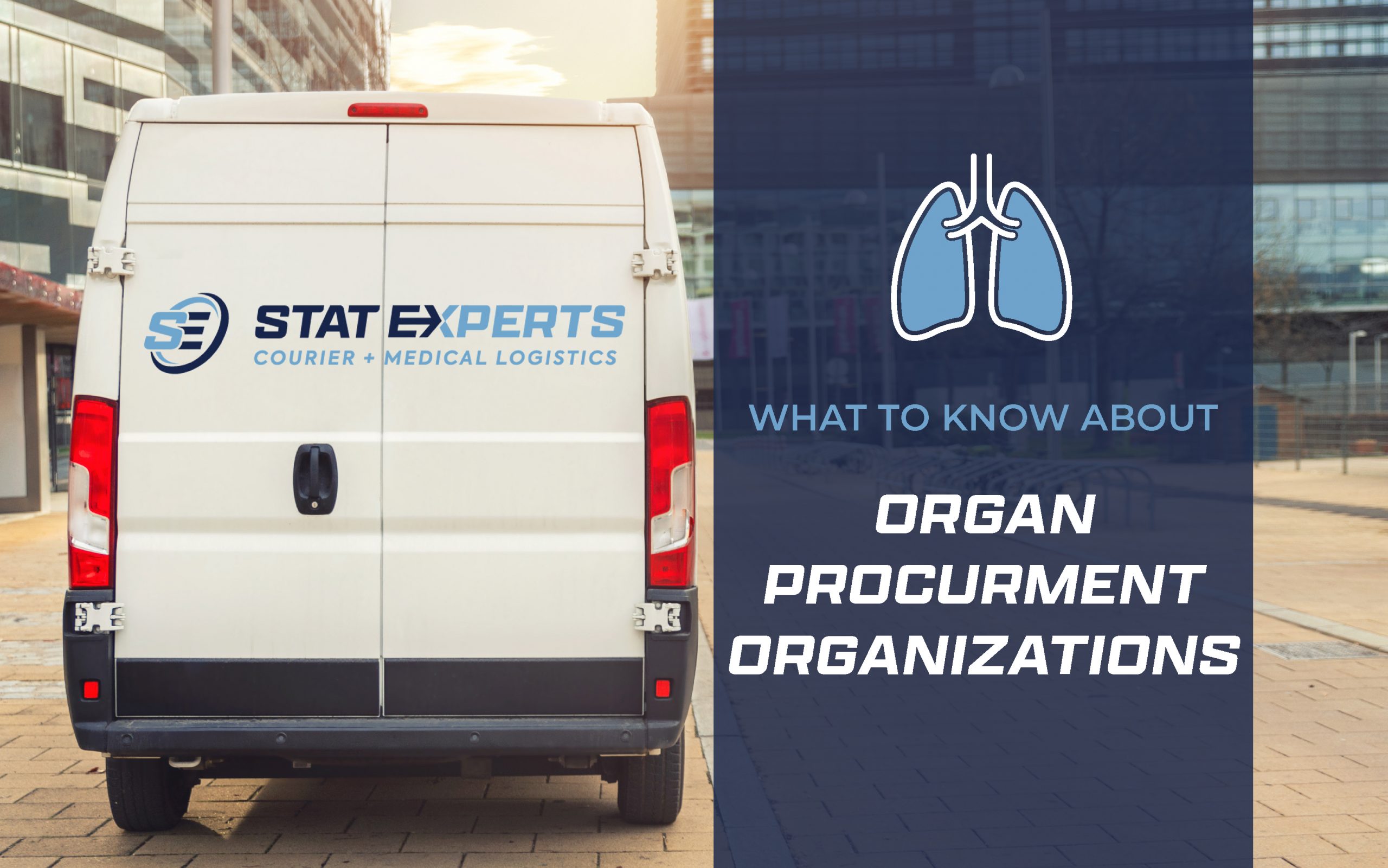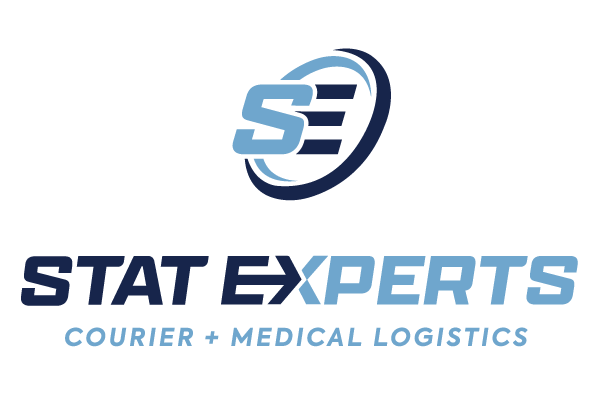Seeking out organ donation is a very emotional time for patients and their families. If there is potential for a match, that means someone has the chance to receive a life-saving organ transplant. Organ donation and transplants are vital parts of the healthcare system. It is the role of organ procurement organizations — also known as OPOs — to review donor potential, collect clinical data, and abide by national policies for offering organs to those in need.
Tens of thousands of patients rely on OPOs every year for organ donations. The U.S. has one of the most successful systems in the world for donor identification, recovery, and coordination.
Let’s explore the role of OPOs and how these organizations provide essential services to the community.
What Is an Organ Procurement Organization?
OPOs are community-based, non-profit organizations facilitated by the federal government to recover organs for transplantation. When a person passes away, it’s the responsibility of the organ procurement organization to speak with the deceased’s family to discuss the potential for donation.
Recovering organs is a time-sensitive endeavor. It’s important to gather as many healthy organs as possible to help someone on the national transplant waiting list. When there is a successful match, the OPO performs testing, recovery, and delivery coordination of organs for transplant.
The Role of Organ Procurement Organizations
Organ procurement organizations play a central role in organ donation. It can be a long process for patients and their families, and OPOs are there every step of the way to help people receive the gift of life.
Here is what OPOs do for donors, patients, and their loved ones.
Purpose
OPOs strive to increase organ donation rates. These organizations are the link between donors and transplant centers.
Donation
OPOs are notified when there is a potential organ donor, and then they communicate with medical professionals to manage the organ recovery process. The team reviews medical history, performs testing, and works with the donor’s family during the organ donation process.
Placement
After organs are recovered, OPOs collaborate with the Organ Procurement and Transplantation Network (OPTN) to find potential matches. Blood type, tissue compatibility, medical urgency, and waiting time are all taken into consideration when looking for a match.
Support
OPOs offer a range of support services, including help for donor families, the handling of deceased donors, ongoing education for medical staff, education for the public, donor registration, tissue and cornea donation, and the recovery of non-transplantable organs and tissues for medical research.
Advocacy
Raising awareness for organ donation is crucial to the healthcare system. Organ procurement organizations take on this role by organizing community outreach programs and offering information about how to register as a donor.
Organ Shipments With Stat Experts
Stat Experts honors the incredible work of organ procurement organizations and medical professionals working to retrieve and transplant organs.
Our team is dedicated to working with medical facilities to transport life-saving care. We are knowledgeable about the requirements for the preservation and packaging of all transplantable organs.
From organs to blood, Stat Experts knows what it takes to get urgent medical items to those in need. Contact us to learn more about our services.


